Molecular, cellular and tissue engineering
Molecular, Cellular and Tissue Engineering
Our molecular, cellular and tissue engineering faculty focus on novel biomaterials for rebuilding damaged tissue, molecular and cellular therapies, and localized drug delivery systems for hard-to-treat cancers.
Explore the list of our faculty who work in this research area below.
Madeline Andrews
Madeline Andrews
Assistant Professor
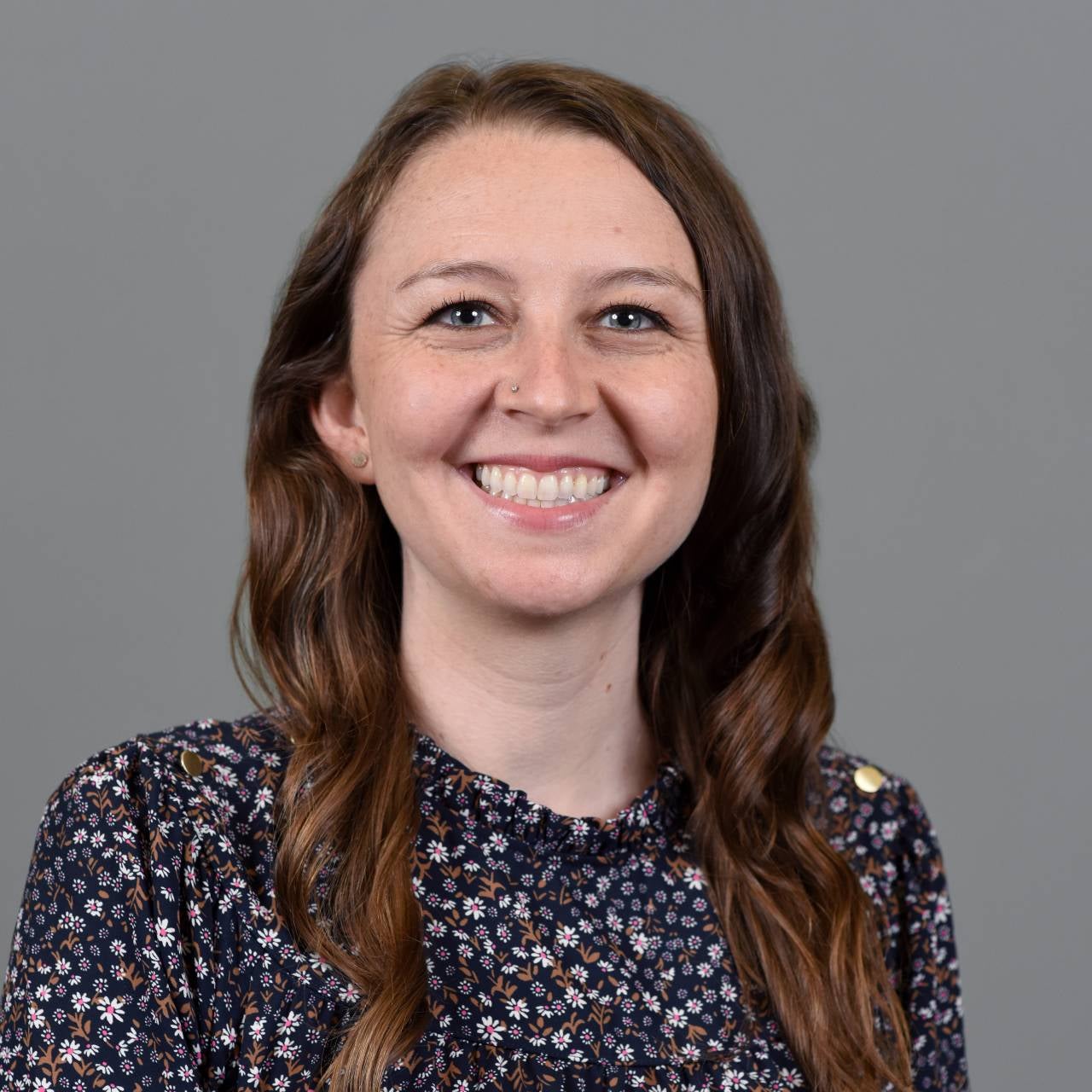
Expertise
Human brain development, stem cells, organoid models, neurodevelopmental disease, neuro-immune interactions, metabolism, cell transplantation
Laboratory: The Andrews Lab studies cellular and molecular neural development and how early developmental processes are disrupted in the case of neurological disease. We utilize pluripotent stem cell-derived models of human brain development, such as cortical organoids, to assess these questions. We are particularly interested in how metabolic processes regulate cell fate specification decisions and how immune cells and signals influence neural stem cell proliferation and differentiation.
David Brafman
David Brafman
Assistant Professor

Expertise
Pluripotent stem cells, neurodegenerative disease, developmental biology, regenerative medicine biomanufacturing, gene editing
Laboratory: The Stem Cell Bioengineering Lab utilizes human pluripotent stem cells (hPSCs) to address fundamental questions about human development, model and study disease, and develop methods for cell-based therapies. To that end, they have developed an interdisciplinary approach that combines various aspects of developmental biology, genetic engineering, biomaterials science, and bioinformatics to investigate the chemical, biological, and physical stimuli that govern stem cell fate.
Mehdi Nikkhah
Mehdi Nikkhah
Assistant Professor
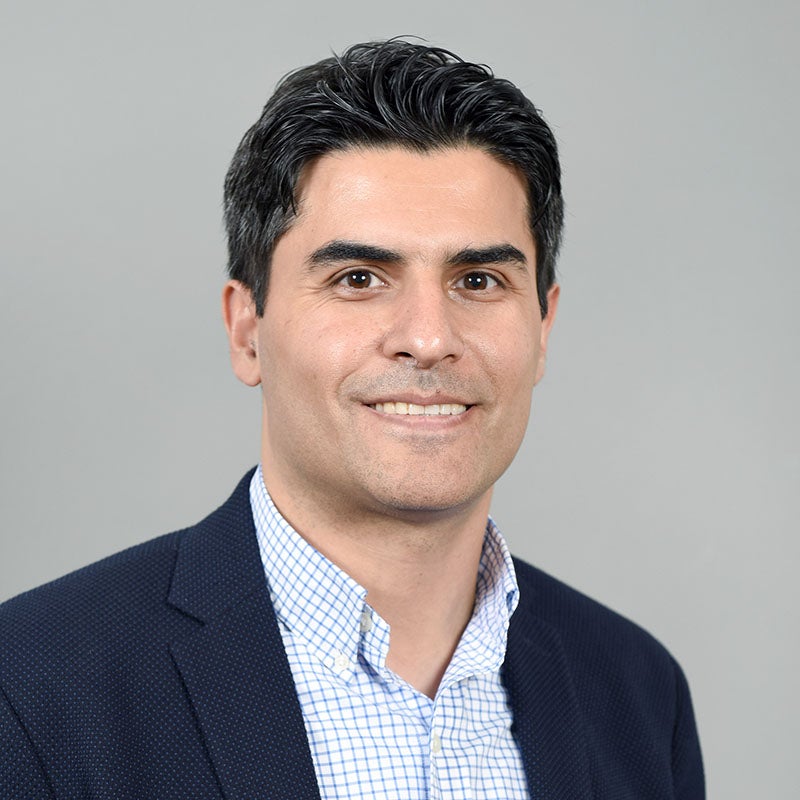
Expertise
Micro and nanoscale technologies, disease modeling, tissue engineering, cancer, tumor microenvironment models
Laboratory: Nikkhah Laboratory current research interests lie at the interface of micro/nanotechnology, advanced biomaterials and biology. Specifically our research is centered on integration of advanced biomaterials, stem cells and micro- and nanoscale technologies to develop functional vascularized tissue substitutes. In addition, our lab is actively involved in the development of highly innovative microscale platform for cell-biomaterial interactions and cancer metastasis studies.
Vincent Pizziconi
Vincent Pizziconi
Associate Professor
![]()
Expertise
Medical device design innovation & regulation, cell & tissue regenerative medicine products, biomanufacturing, bioinspired & biomimetic complex adaptive biosystems, space bioengineering.
Laboratory: The Laboratory of BioInspired Complex Adaptive Systems seeks to understand the biodesign heuristics of integrative bionanosystems that can lead to the design and development of bioinspired advanced diagnostic and therapeutic components, devices and systems.
Barbara Smith
Barbara Smith
Assistant Professor
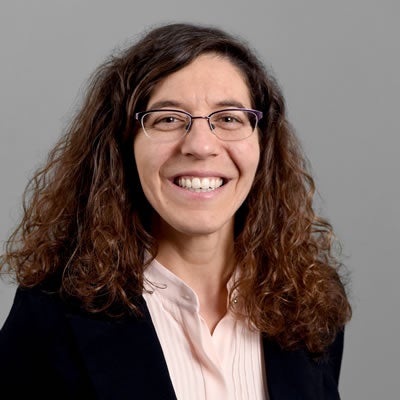
Expertise
Imaging and biomarker discovery, innovating point-of-care diagnostics
Laboratory: The Smith Laboratory focuses on engineering solutions to better diagnose problems associated with women’s health and mental illness. Ongoing research in the lab utilizes imaging technologies and olfactory sensing to forge an entirely new path towards early stage detection and diagnostic monitoring. The overarching goal is to translate technologies developed in the lab for improved patient outcomes.
Sarah Stabenfeldt
Sarah Stabenfeldt
Associate Professor
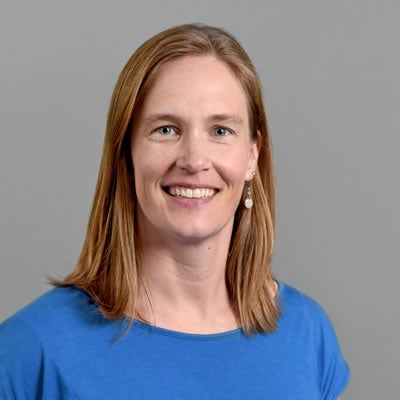
Expertise
Regenerative medicine, targeted theranostics, neurotrauma
Laboratory: The Stabenfeldt Laboratory specifically focuses on engineering novel targeted diagnostic and therapeutic (‘theranostic’) biomaterials for neural injury/disease and identifying endogenous neural stem cell homing mechanisms after injury, and incorporating such biosignals into tissue-engineered matrices.
Brent Vernon
Brent Vernon
Associate Professor
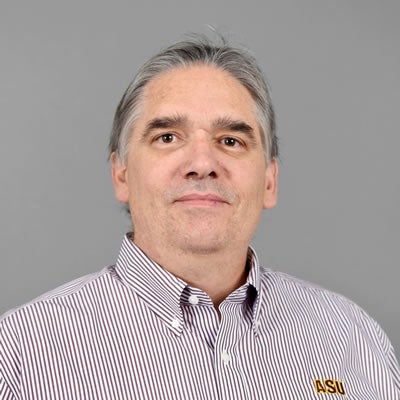
Expertise
Biomaterials, drug delivery, tissue engineering
Laboratory: The Biomaterials Laboratory uses principles of polymer science and chemistry to design and develop in situ gelling materials for drug delivery, tissue engineering, and tissue reconstruction.
Jessica Weaver
Jessica Weaver
Assistant Professor
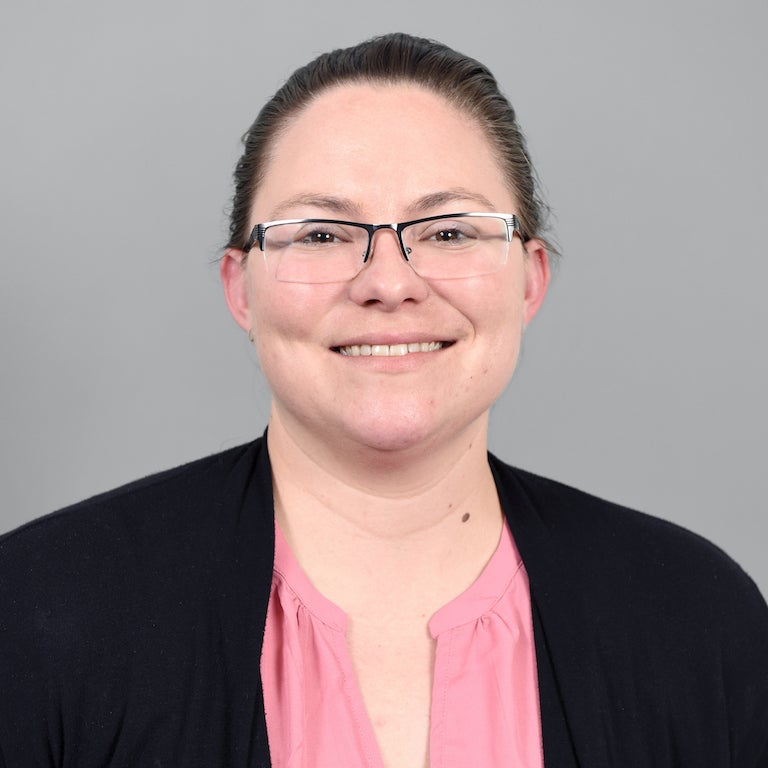
Expertise
Immunoengineering, biomaterials diabetes
Laboratory: The Weaver Laboratory focuses on developing biomaterials-based strategies for immunoengineering and translatable cell-based therapies. The main thrusts of the lab’s work include engineering transplant sites for cell-based therapies, device design for translatable and immunoisolated cell transplantation, and developing strategies to induce tolerance toward transplanted tissue.